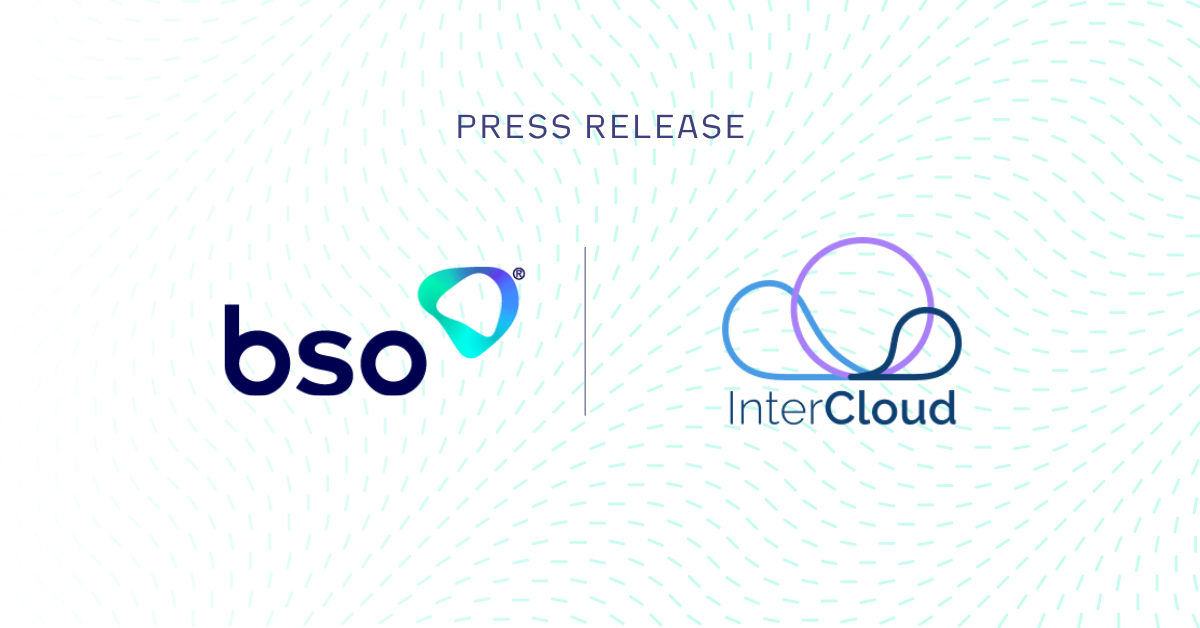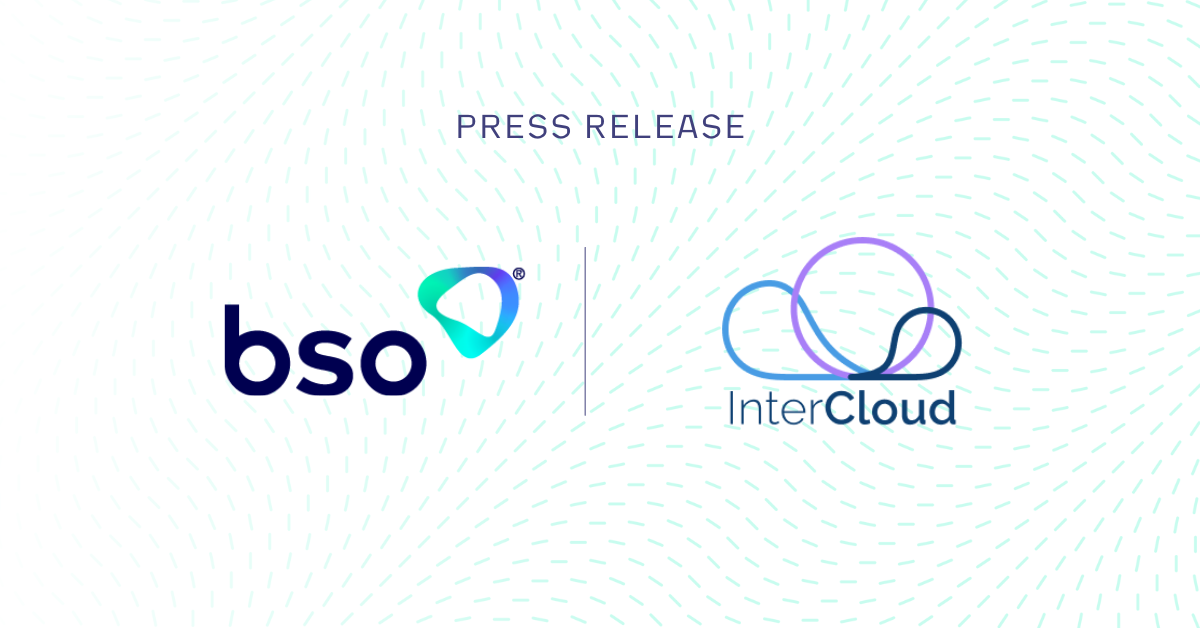
Half of the world’s top 10 financial centres are now in Asia, the time is now ripe for firms that are seeking to expand their successful trading models into new markets. The problem for small and medium-sized trading firms is that the cost of setting up shop in new markets can be overly burdensome and risky. The result is that many firms don’t actually venture into new markets for fear that it will be a costly mistake. The key mantra for any trading firm seeking to export its trading model into new markets is to focus on solutions.
Before deciding on whether to enter a new market, systematic funds will need to determine whether their models are compatible.
Roland Hamann, Managing Director, PICO in an interview with BSO offered these words of advice:
“A high frequency trading firm may be successful in the United States or Europe and may expect it will do well in another market. But before spending hundreds of thousands of dollars, many executives prefer to have evidence that the model will work and a business case that accounts for all the new costs.”
Service providers such as Pico are now capturing historical data in raw packet format and selling it via the cloud. A trading firm can thus backtest its model to determine how likely it is to work in the new locale before any sizeable investments are made.
As an example, Australia’s market behaves similarly to that of Switzerland, both in terms of liquidity and having low historical volatility. That might make Sydney a logical choice for a Zurich-based fund that does long trend analysis, but a less optimal choice for a fund that typically trades on a two-minute horizon.
Try before you buy
Entering a new market is a major long-term decision and the contracts that firms enter into – whether with data centres, network providers or other firms – will typically be a minimum of a year. But a more sensible option may be to try trading in the market on a limited basis. Some third parties are able to provide this service.
In some cases, it may be possible to host third-party equipment for a short period in a data centre. As long as the vendor is working with existing infrastructure and does not need to make new investments of its own, it may be prepared to allow clients a short trial period of one to three months to test, analyse and fine-tune their models.
BSO, as a specialist networking firm, understands how to set up the right networking infrastructure suited for each market. If you are seeking to export your trading model into emerging markets such as Asia we are the network of choice.
To learn more about how you can access the potential of emerging markets read our latest report: “Trading without Borders: How can financial firms breakdown barriers and tackle new markets?” click here.
ABOUT BSO
The company was founded in 2004 and serves the world’s largest financial institutions. BSO is a global pioneering infrastructure and connectivity provider, helping over 600 data-intensive businesses across diverse markets, including financial services, technology, energy, e-commerce, media and others. BSO owns and provides mission-critical infrastructure, including network connectivity, cloud solutions, managed services and hosting, that are specific and dedicated to each customer served.
The company’s network comprises 240+ PoPs across 33 markets, 50+ cloud on-ramps, is integrated with all major public cloud providers and connects to 75+ on-net internet exchanges and 30+ stock exchanges. The team of experts works closely with customers in order to create solutions that meet the detailed and specific needs of their business, providing the latency, resilience and security they need regardless of location.
BSO is headquartered in Ireland, and has 11 offices across the globe, including London, New York, Paris, Dubai, Hong Kong and Singapore. Access our website and find out more information: www.bso.co
SALES ENQUIRY
Get in touch now. Find out how we can transform your business_
You might be interested in_
THE BSO DIFFERENCE
The industries we work across_





/Revolutionising-Connectivity%20BSOs-Tailored-Cloud-Solution-for-CryptoStruct-GmbH.png?width=1050&height=550&name=Revolutionising-Connectivity%20BSOs-Tailored-Cloud-Solution-for-CryptoStruct-GmbH.png)
/6%20Cloud%20Best%20Practices%20for%20Financial%20Technology%20Companies.jpg?width=1200&height=600&name=6%20Cloud%20Best%20Practices%20for%20Financial%20Technology%20Companies.jpg)









